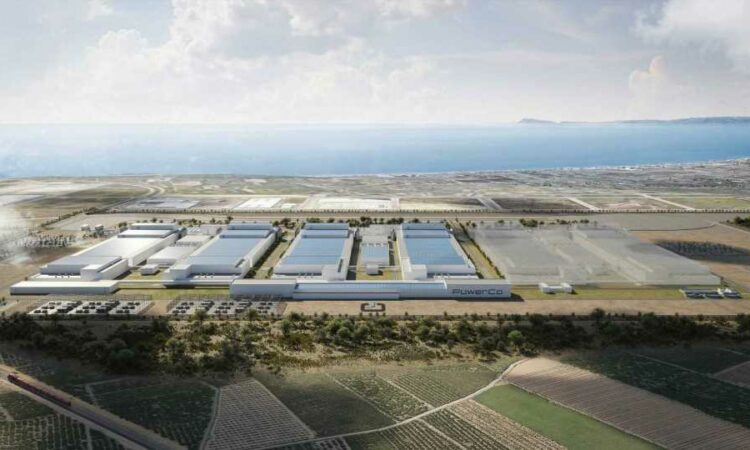Volkswagen Group is delaying a decision on a fourth battery cell factory for now citing lower-than-expected demand for EVs in Europe, CEO Oliver Blume said.
“Based on market conditions, including the sluggish ramp up of the BEV market in Europe … there is for the time being no business rationale for deciding on further sites,” Blume said in a statement provided to Reuters by group subsidiary Skoda.
Volkswagen has already postponed a decision a year ago when it was considering locations in the Czech Republic, Hungary, Poland, and Slovakia. The company said earlier this year it was in no rush to make a decision.
Most recently, Volkswagen Group has been considering a site for a battery gigafactory in the Czech Republic. Blume met Czech officials this week as the central European country has pushed for the investment. However, the meeting did not appear to bear fruit.
Czech officials said on November 1 they could not afford to wait any longer for a decision and would start offering the proposed site for VW’s battery plant to other investors.
Gallery: Volkswagen Group’s new Salzgitter battery cell gigafactory and new unified cell
“We cannot continue to hold the land for this project,” Prime Minister Petr Fiala told a news conference, according to Reuters. He noted that the Czech Republic would begin concentrating on other projects. According to industry minister Jozef Sikela, there are ongoing talks with five investors, with two of those projects on a similar scale to VW’s plans.
The Czech Republic seeks to secure the future of its car sector, which is an essential part of its economy, as the global auto industry shifts away from fossil fuels.
Volkswagen Group previously announced plans to open six battery gigafactories in Europe by 2030 under its PowerCo battery subsidiary. However, it later changed plans and added one in North America to take advantage of the Inflation Reduction Act’s generous incentives.
The carmaker has already selected three battery gigafactory sites: Salzgitter, Germany; Valencia, Spain; and St. Thomas, Ontario, Canada. According to Blume, these three locations have a production potential of up to 200 GWh per year.
The automaker broke ground at the Salzgitter site last year and expects the factory to become operational in 2025. Construction work at the Valencia site started in March this year, with production estimated to begin in 2026. Each of the European sites will have an annual capacity of 40 GWh, with the Spanish factory also offering potential for expansion to 60 GWh in the future.
Finally, the groundbreaking for the site in Ontario is for 2024, with production projected to begin in 2027. It will be Volkswagen’s largest gigafactory announced so far with an annual capacity of 90 GWh.
Europe’s is Volkswagen’s largest EV market, making up over 60 percent of its global EV sales. The automaker’s EV orders in Europe are down 50 percent to 150,000 from 300,000 last year, CFO Arno Antlitz recently said.
The announcement that Volkswagen is delaying its fourth battery plant comes after several global automakers, including Ford and General Motors postponed their own plans as well. Ford has delayed EV battery production at the second of two BlueOval SK plants in Hardin County, Kentucky, while GM abandoned a goal to build 400,000 electric vehicles in the U.S. from 2022 through mid-2024. The carmaker said it is slowing the launch of several EV models, including the Chevrolet Equinox EV, Chevrolet Silverado EV RST, and GMC Sierra EV.
Meanwhile, Toyota has lowered its EV sales expectations for the current fiscal year by 39 percent but pledged to invest an additional $8 billion in its North Carolina plant to build more batteries for EVs and PHEVs.
Source: Reuters
Source: Read Full Article

